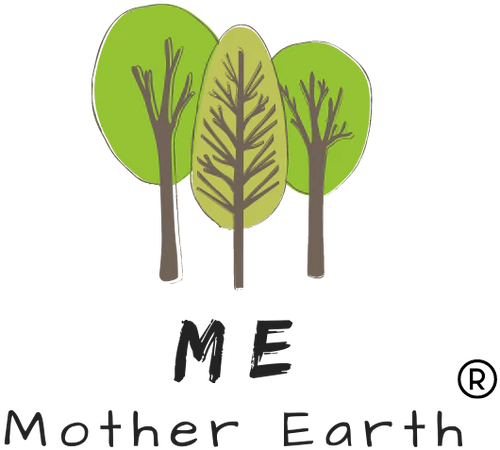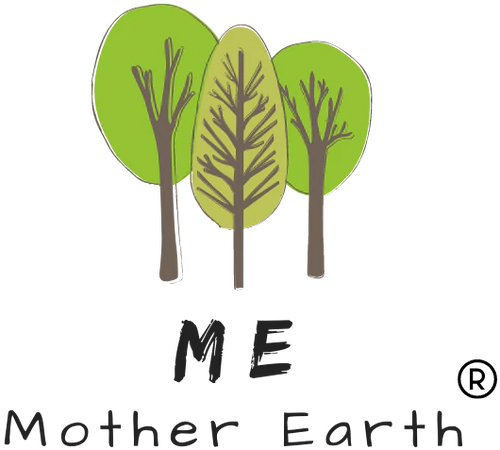As July kicks off, two impactful movements come together with a shared mission—Plastic-Free July and National Clean Beaches Week (July 1–7). While one encourages us to reduce single-use plastics in our daily lives, the other celebrates and protects one of our planet’s most beautiful and vulnerable ecosystems: our beaches. When these two align, it creates the perfect storm of awareness, action, and opportunity to make a real difference—right where the sand meets the sea.
Why Clean Beaches Matter
Beaches aren’t just places of relaxation and joy—they’re vital parts of marine ecosystems. But each year, millions of tons of plastic end up in the ocean, with much of it washing up on our shores. From plastic bottles and straws to forgotten beach toys and wrappers, fireworks...what’s left behind doesn’t just litter the landscape—it endangers wildlife, pollutes waters, and breaks down into harmful microplastics.
Small Swaps, Big Impact
Here’s the truth: our habits matter. And when it comes to the beach, it’s the little choices that add up to a cleaner, safer coastline. Here are some simple ways to reduce plastic waste during your beach days:
🧴 1. Say No to Plastic Bottles, Bags, and Snack Wrappers
Skip the convenience. Bring your water in a stainless-steel bottle, pack snacks in reusable containers or our vegan wax wraps, and use cloth bags instead of plastic ones.

🧺 2. Build Your Reusable Beach Kit
Make your beach trips zero-waste ready. Include:
-
A reusable water bottle or cup
-
Beach Towel or Blanket
-
A Mesh Bag for your beachie things + a reused plastic bag for collecting trash
-
Reef-safe sunscreen
🧹 3. Join (or Start!) a Beach Clean-Up
Whether it’s a formal event or an impromptu 10-minute solo effort, picking up trash makes a big impact. Keep gloves or a grabber in your car, and involve your friends or kids—it can be fun, empowering, and eye-opening.
The Hidden Cost: Marine Life in Crisis and the Aftermath That Haunts Us
Plastic doesn’t just disappear. It lingers—on shorelines, in ocean currents, and inside the stomachs of sea turtles, fish, whales, and seabirds. What looks like a harmless bottle cap or candy wrapper to us can mean a slow and painful death for marine life.
And nowhere was this more painfully clear than at Lake Tahoe after the 4th of July in 2023. Over 8,500 pounds of trash were left behind in a single day—on just six beaches. It wasn’t just bottles and wrappers. Volunteers found tents, coolers, inflatables, grills... even shoes. It looked like a landfill, not a lakeshore.

Honestly, I cannot fathom how people can spend the day in a place as stunning as Tahoe, soaking in its beauty—only to leave it in ruins. It’s not just disappointing. It’s infuriating. And heartbreaking. We can and need to do better.
But here’s the thing: the story doesn’t have to end there.
Because the very next morning, hundreds of volunteers showed up. They combed through the sand. They dove into the water. They picked up after others who didn’t care—because they did. Because they understand that nature isn’t disposable.
Let that sink in: Our actions matter. Whether it’s the trash we leave—or the trash we pick up.
🌊 "Protecting our oceans isn’t someone else’s job—it’s ours."
– Keep Tahoe Blue
What You Can Do This Week
This National Clean Beaches Week, here’s how you can take action:
-
Clean up your local beach, river, or park
-
Host a zero-waste beach picnic
-
Share your efforts on social media to inspire others
-
Support organizations dedicated to ocean conservation
-
Speak up—advocate for plastic bans and better recycling systems in your community
Beyond the Week: A Call for Ongoing Commitment
Plastic-Free July and National Clean Beaches Week are powerful moments, but the ocean needs our attention all year round. It starts with daily mindfulness: refusing a plastic straw, picking up that extra piece of trash, or choosing to support businesses that prioritize sustainability.
Our oceans are resilient—but they need our help. So as your toes dig into the warm sand and the waves lap at the shore, remember: each piece of plastic we refuse, remove, or replace is one step closer to a cleaner planet.
Let’s protect what we love—together. 💚

